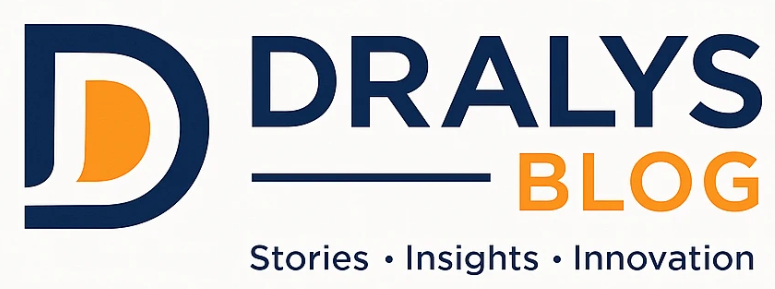The Confusion Behind “Breaking News”
Over the past few days, social media has been flooded with shocking headlines claiming that former U.S. President Donald Trump accused Nigeria’s President Bola Ahmed Tinubu of hypocrisy and approved a military petition against his own government.
Many readers shared the story instantly, but few stopped to ask: Is it true?
Major news outlets like Reuters, AP, and Politico reported that Trump made strong statements about violence against Christians in Nigeria.
However, none of these credible sources confirmed that Tinubu filed any “petition” in 2014 requesting a U.S. invasion.
That claim only appeared on Facebook pages and blogs without verifiable evidence.
When Information Becomes Misinformation
In the digital age, information spreads faster than facts.
A single tweet, a fake screenshot, or a headline written for clicks can create chaos within minutes.
The line between truth and speculation becomes blurred and that’s how misinformation wins.
For example, some people read the Trump –Tinubu story and immediately concluded that the U.S. was preparing to invade Nigeria.
But when fact-checked, the statement turned out to be a mix of truth, distortion, and speculation.
It’s a perfect example of why critical thinking is essential in our connected world.
Simple Ways to Identify Fake News
1. Check the Source Reliable information usually comes from verified media outlets (BBC, Reuters, AP, CNN, or credible local newspapers).
2. Cross-Verify the Story If a claim only appears on social media and not in major media, it’s likely exaggerated or false.
3. Watch Out for Emotional Headlines Words like “shocking,” “explosive,” or “secret” often signal manipulation, not journalism.
Why This Matters for Everyone
When misinformation dominates the conversation, truth becomes the victim, and society pays the price.
False stories can destroy reputations, damage international relations, and create unnecessary fear.
That’s why digital responsibility is no longer optional it’s a duty for every citizen, reader, and brand.
At Dralys, we believe that reliable information builds trust.
Just as customers trust us to deliver quality products and services, we must also learn to trust and verify the truth we consume online.
Final Thought
“In an age of noise, clarity is leadership.”
The Trump–Tinubu story is not just about politics it’s about responsibility.
Before we share, react, or judge, we should all pause and verify.
Because in the end, truth is not just a fact it’s a foundation for peace, progress, and credibility.

